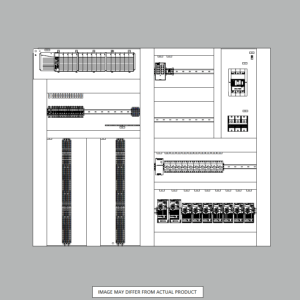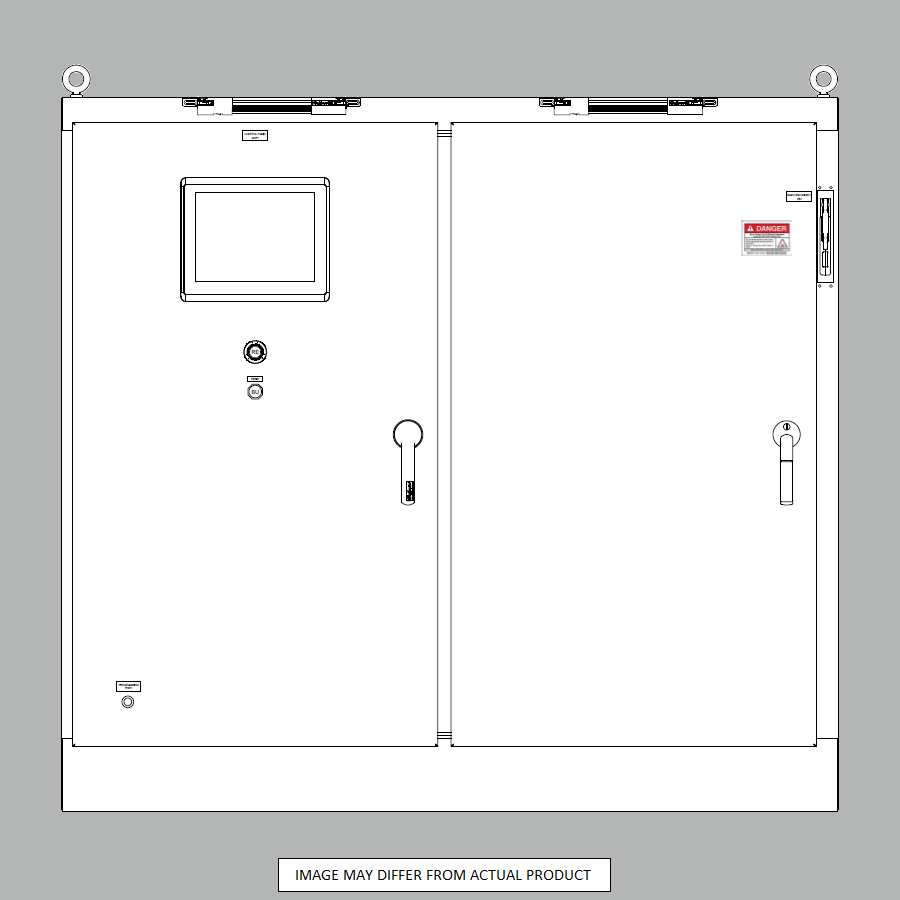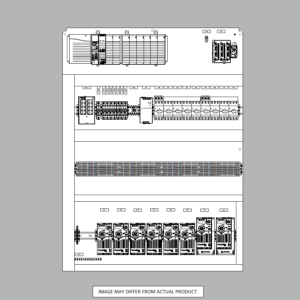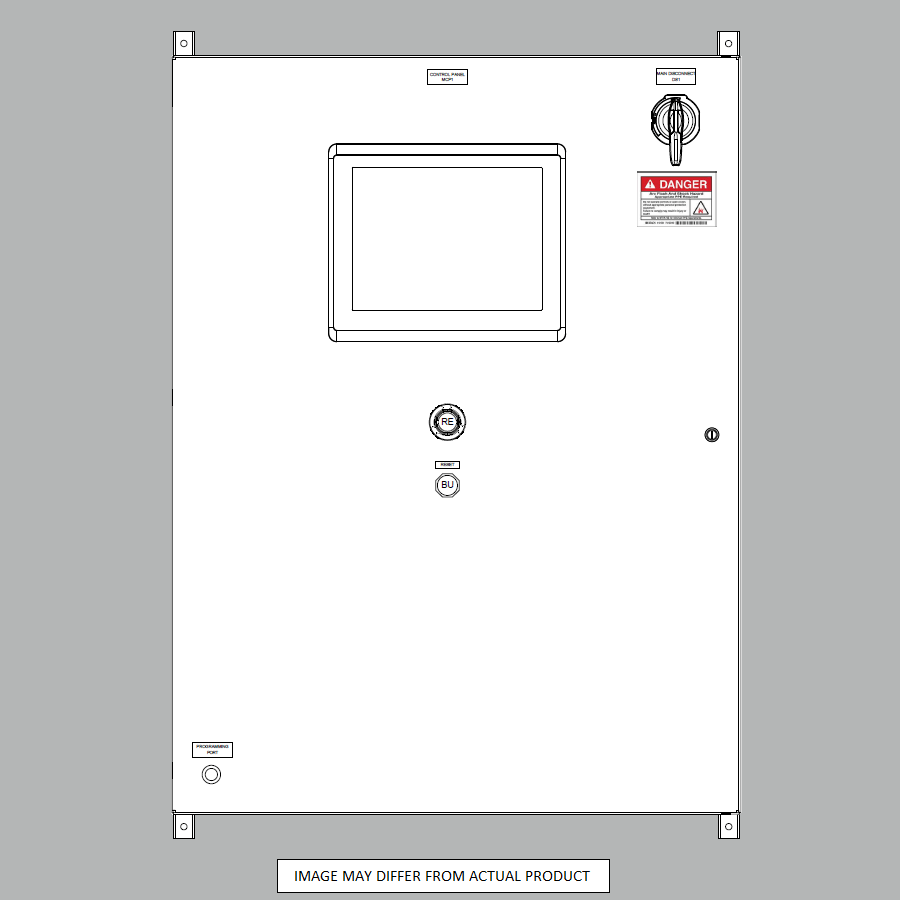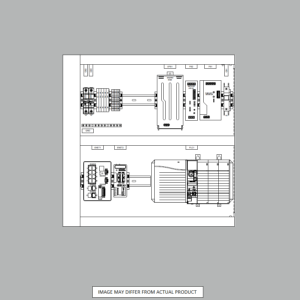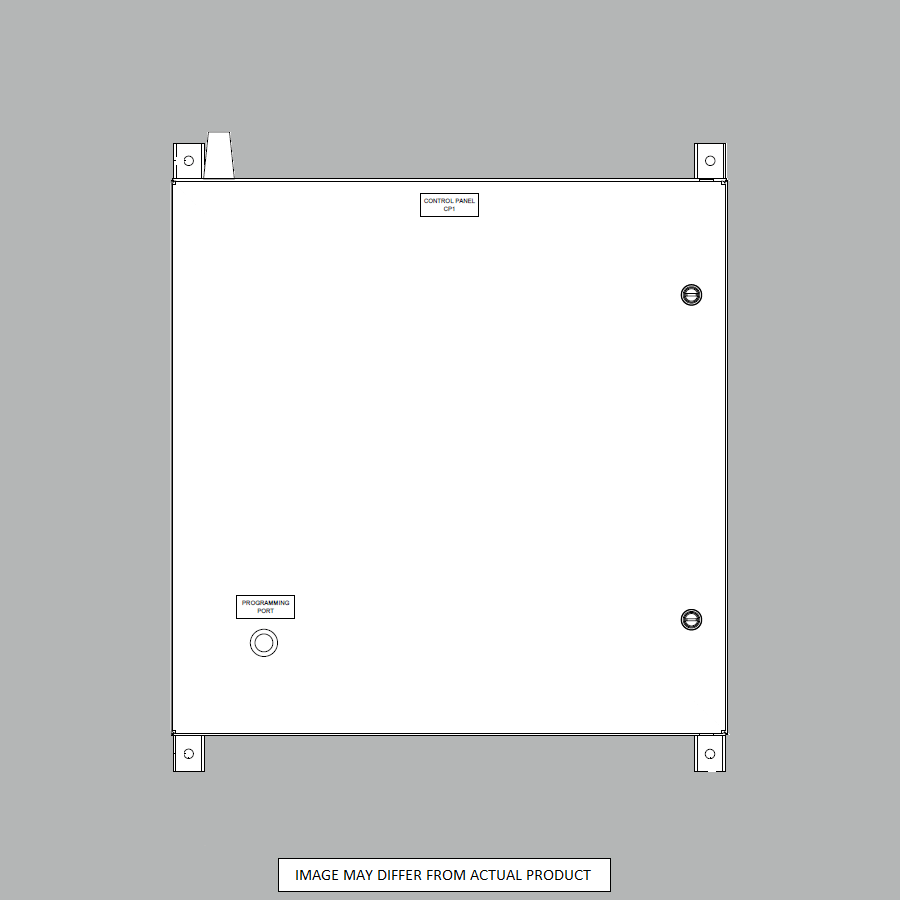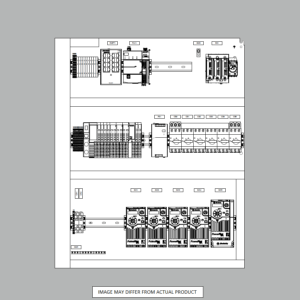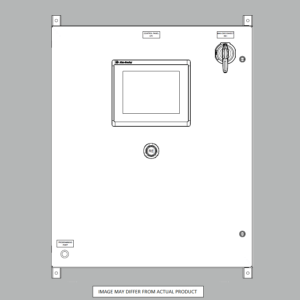Understanding the Key Differences Between MES & ERP Systems
Unraveling the Enigma of MES and ERP
In the fast-paced world of modern manufacturing, the integration and harmonization of various software systems are not just a luxury but a necessity for success. Two pivotal players in this arena are Manufacturing Execution Systems (MES) and Enterprise Resource Planning (ERP) solutions. Often, there’s a cloud of confusion surrounding what exactly differentiates an MES from an ERP. This article aims to demystify these terms, delving into how these systems interplay and, most importantly, how they can collectively elevate a manufacturing business.
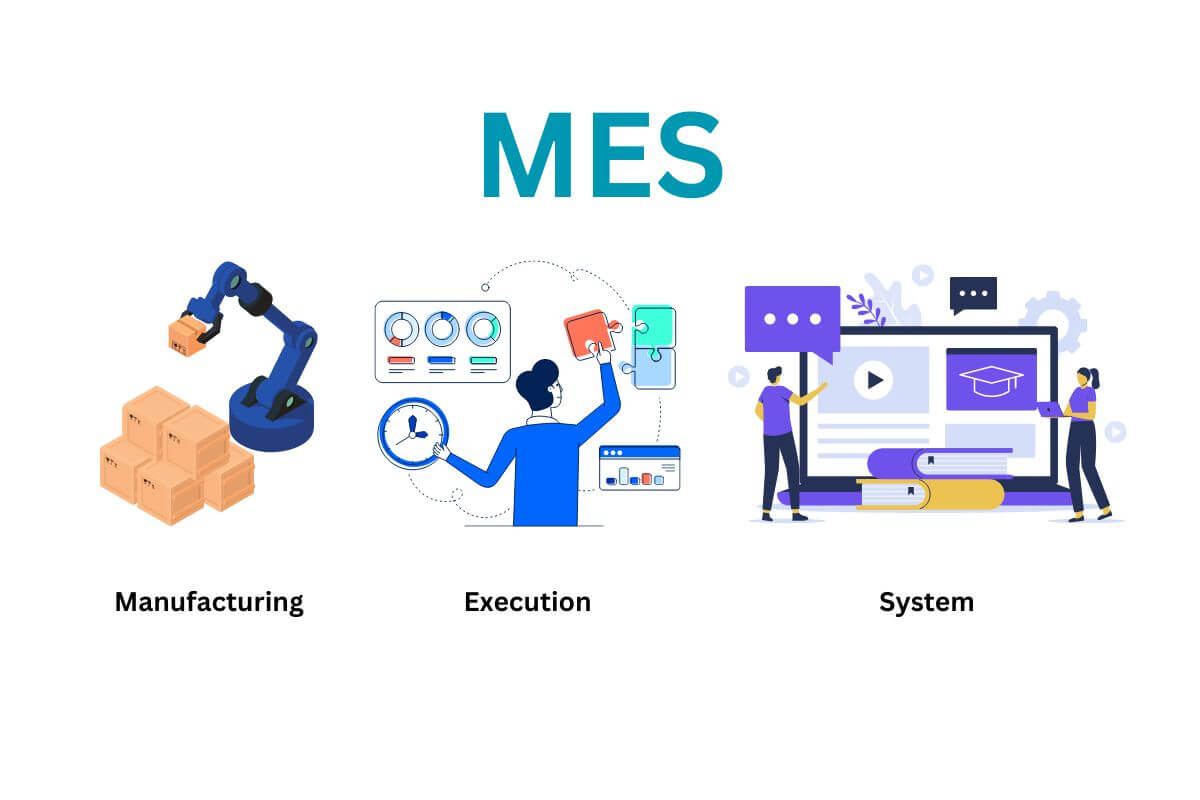
Understanding MES and ERP: The Core Differences
At its core, MES and ERP systems serve distinct yet complementary functions. MES systems are typically centered around the manufacturing floor, providing detailed, real-time visibility into the actual production process. They are the micro-level overseers, managing everything from process control to the monitoring of manufacturing equipment. In contrast, ERP solutions are the macro-managers. A modern ERP system integrates a plethora of business processes – from resource management and financials to human resources and supply chain logistics.
The difference between an MES and an ERP can be summarized simply: MES takes the lead in controlling and optimizing production, while an ERP orchestrates broader business operations and strategy.
Synergy Through Integration: MES and ERP Together
Integrating ERP and MES systems can help companies achieve a harmonious balance between granular process control and overarching business management. This fusion brings forth a plethora of benefits. For one, MES and ERP integration facilitate real-time data exchange, enhancing decision-making capabilities and allowing businesses to better manage operations and predict outcomes.
MES provides detailed insights into manufacturing data, like the status of orders, quality control, and equipment efficiency. When this information flows seamlessly into an ERP system, it empowers organizations to make informed decisions that increase productivity and reduce costs.
Implementing Integration: The Roadmap to Success
While the idea of integrating ERP and MES is enticing, the execution demands meticulous planning. Companies that already use ERP systems need to carefully select an MES solution that can integrate with their existing ERP infrastructure. SAP Business One, for instance, offers robust integration capabilities that can sync seamlessly with various MES solutions.
For businesses considering adopting either an ERP or MES system, the choice should be guided by their specific needs. A manufacturing business with complex supply chains and diverse operations might prioritize an ERP solution first, while a company focusing on optimizing production might lean towards MES.
MES: The Manufacturing Floor’s Guardian
MES systems are typically deployed on the manufacturing floor. They are adept at handling tasks like process control systems, tracking the usage of manufacturing equipment, and ensuring traceability and quality compliance. This is particularly crucial in industries like food and beverage or pharmaceutical manufacturers, where precision and adherence to standards are paramount.
ERP: The Architect of Business Harmony
Modern ERP systems go beyond traditional resource management. They are designed to automate key business processes and provide an integrated view of core business operations. ERP integration with other software systems, such as Customer Relationship Management (CRM) or Human Resources Management Systems (HRMS), further augments its capabilities, turning ERP into a central hub for enterprise-wide data and processes.
MES and ERP: A Collaboration that Drives Efficiency
The collaboration between MES and ERP systems can be a game-changer for manufacturers. MES provides detailed, real-time data from the shop floor, which, when integrated with ERP, helps manufacturers improve efficiency. This integrated approach allows for better resource management, enhances employees’ productivity and quality, and supports the management in making strategic decisions.
The Benefits: Why Integration Matters?
The integration of MES and ERP offers tangible benefits:
- Enhanced Real-Time Visibility: The MES and ERP integration provides managers with a real-time overview of both manufacturing operations and business processes. This helps in identifying bottlenecks, optimizing workflows, and responding swiftly to market changes.
- Increased Productivity: With MES handling the manufacturing data and ERP managing the business data, decision-makers have all the necessary information to optimize operations, increase productivity, and reduce downtime.
- Better Quality Control: MES’s ability to monitor and manage manufacturing processes ensures adherence to quality standards, which, when coupled with ERP’s resource planning capabilities, leads to consistent product quality.
- Streamlined Operations: By integrating MES with ERP, businesses can automate key business processes, leading to streamlined operations and reduced manual intervention.
- Cost Reduction: MES’s detailed insights into the manufacturing processes, when analyzed with ERP’s financial and resource data, can lead to significant cost savings by identifying areas of waste and inefficiency.
The Path Forward for Manufacturers
Understanding the differences between enterprise resource planning (ERP) and manufacturing execution software (MES) is crucial for businesses looking to optimize their operations. Both systems offer unique benefits, but it is their integration that unlocks the full potential of manufacturing businesses.
Manufacturers must weigh their options carefully, considering their specific needs and existing systems. Whether it’s adopting an ERP or MES system or integrating both, the goal remains the same – to enhance efficiency, optimize production, and stay ahead in the competitive market. The right combination of MES and ERP can transform the way a manufacturing business operates, leading to increased productivity, better decision-making, and, ultimately, greater success.
Learn more about Automation Ready Panels
Welcome to Automation Ready Panels, your go-to source for top electrical control panels and automation solutions. Boasting over twenty years of experience in enhancing manufacturing sectors—from machine builders to comprehensive process facilities—we’re recognized as pioneers in providing ready-to-deploy, pre-programmed control panels. Our expertise lies in seamlessly managing complex panel requirements with the latest technology.
Why Automation Ready Panels Stands Out?
- Customized Solutions: Our mission is to address your specific challenges. We dive deep into understanding the “Job to be Done,” crafting hardware and software solutions tailored to ease your operational burdens.
- Efficient Setup: Our end-to-end solutions, including network switches, VFD/Servo drives, and foundational HMI and PLC programming, ensure a rapid deployment and start-up process, mirroring a turnkey project experience.
- Unrivaled Quality: At the heart of our operations is a commitment to quality. We implement stringent quality controls at every production stage, minimizing errors and delivering consistently exceptional control panels.
- Comprehensive Testing: Each panel is subjected to exhaustive testing before dispatch, covering Electrical Continuity, Voltage, Grounding, Circuit and System Functions, and Software Verification, guaranteeing reliability and performance.
Let us help you with your manufacturing operations and needs
Eager to boost your manufacturing efficiency with our cutting-edge control panels? Reach out to us today at Automation Ready Panels and discover how we can elevate your operational quality and revolutionize your automation capabilities. Let’s embark on this transformative journey together!
Frequently Asked Questions
Q: What is the difference between MES and ERP systems?
A: MES (Manufacturing Execution System) is focused on the production floor, managing and monitoring the manufacturing operations in real time. On the other hand, ERP (Enterprise Resource Planning) systems are designed to manage various aspects of a business, including inventory, sales, finance, and human resources.
Q: How do MES and ERP systems integrate with each other?
A: MES and ERP systems can integrate by sharing data and functionality, enabling seamless communication and coordination between the production floor and business operations.
Q: What are the key differences between an MES and an ERP system?
A: The key differences lie in their focus and scope. MES primarily deals with the production cycle, providing real-time monitoring and control, whereas ERP encompasses broader business functions such as finance, inventory management, and human resources.
Q: What are the benefits of integrating MES and ERP systems?
A: Integrating MES and ERP systems can lead to improved efficiency, enhanced visibility across the entire organization, streamlined operations, and better decision-making through real-time data exchange.
Q: How does an MES system provide traceability in manufacturing operations?
A: MES systems utilize features like barcode scanners and data capture to provide traceability, allowing manufacturers to track the movement of raw materials and components throughout the production process.
Q: Can ERP systems help with supply chain management?
A: Yes, ERP systems can help with supply chain management by providing tools for inventory management, demand forecasting, and coordination with suppliers to ensure efficient and optimized supply chain operations.
Q: Can MES software be used by manufacturing companies that already use ERP?
A: Yes, MES software can be integrated with existing ERP systems, enabling manufacturing companies to leverage the benefits of real-time production monitoring and control alongside their existing ERP functionalities.
Q: How does integrating MES and ERP software solutions benefit manufacturing companies?
A: Integrating MES and ERP software solutions can lead to improved automation, increased operational visibility, enhanced production efficiency, and better utilization of resources across the entire manufacturing process.
Q: What role do cloud-based MES and ERP systems play in integrating MES and ERP?
A: Cloud-based MES and ERP systems provide flexible and scalable platforms for integrating MES and ERP capabilities, enabling seamless data exchange and collaboration across the entire organization.
Q: How do MES and ERP systems integrate with other software within the manufacturing environment?
A: MES and ERP systems can integrate with other software through standard interfaces and protocols, allowing seamless data exchange and interoperability with various management and automation solutions on the production floor
-
Large Process Automation: Panelview 5000, ControlLogix 5580
$24,073.00 Select options -
Small Process Automation: Panelview 5000, ControlLogix 5580
$20,321.00 Select options -
Small Process Automation: ControlLogix 5580, UPS Battery Backup, Cellular Modem
$18,999.00 Select options -
Advanced Automation: Panelview 5000, Safety CompactLogix 5380
$10,269.00 Select options

